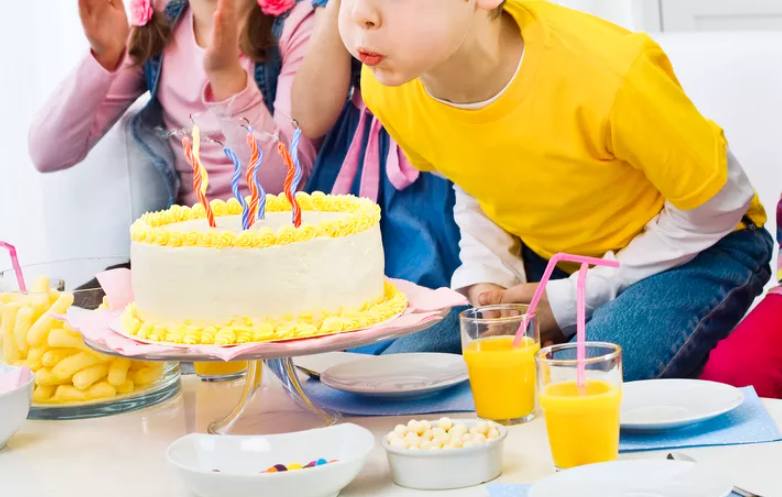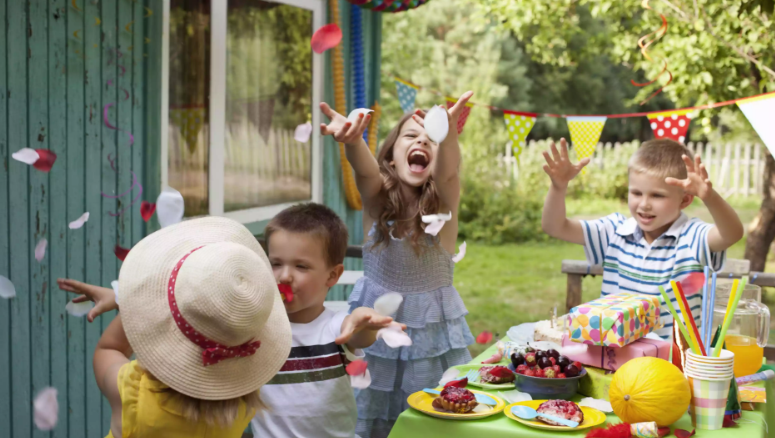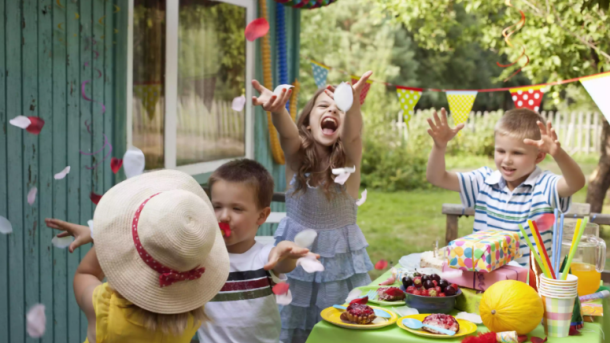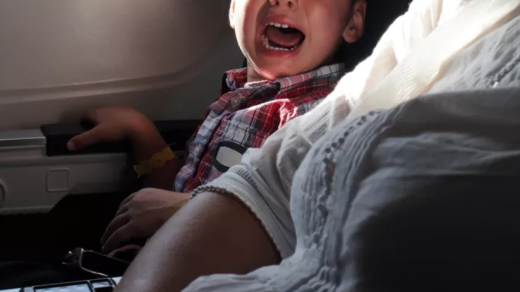How to stop bullying is a crucial topic for parents, and it can become especially challenging when it involves children who display disruptive or harmful behavior. A mother recently found herself facing this issue when planning her daughter Mia’s fourth birthday party. Living in an apartment building with several children, Mia often plays with the other kids in the garden. However, there’s one child, Reed, whose actions have raised serious concerns.
Reed’s behavior has been troubling to not just Mia but also other kids in the building. He has called Mia names, kicked footballs at her, thrown things at her, and even hit her with objects. Despite Mia telling her parents about these actions, Reed’s denial and constant lying about his behavior has only added to the frustration. Reed doesn’t limit his troubling actions to Mia alone; other children have had similar experiences with him. How to stop bullying in situations like this becomes essential, especially when these behaviors are impacting your child’s social life.

The mother, understandably, decided not to invite Reed to Mia’s birthday party. She invited all the other children from the building, including Reed’s sister, but Reed was left off the list. This decision stirred a confrontation with Reed’s father, who insisted it was unfair to exclude Reed, claiming it would make him feel left out and cause him to have nothing to do. The mother, however, stuck to her decision, prioritizing the safety and well-being of her daughter and the other kids at the party.
How to stop bullying starts with setting clear boundaries, and this situation shows that it’s crucial to take action early when a child exhibits harmful behavior. Reed’s parents may see this as an opportunity to address their child’s actions and teach him important social skills. Although Reed is still young, early intervention could prevent his behavior from escalating.
How to stop bullying in children: The importance of early intervention
Addressing bullying behavior in children is most effective when tackled early on. By helping children understand the impact of their actions and setting consistent boundaries, parents can foster a more positive environment.

How to stop bullying in school and play environments
Schools and play environments are often where bullying behaviors start to emerge. Parents and educators can work together to create systems where children learn about respect, kindness, and how to handle disagreements without resorting to hurtful actions.
Source: www.people.com



